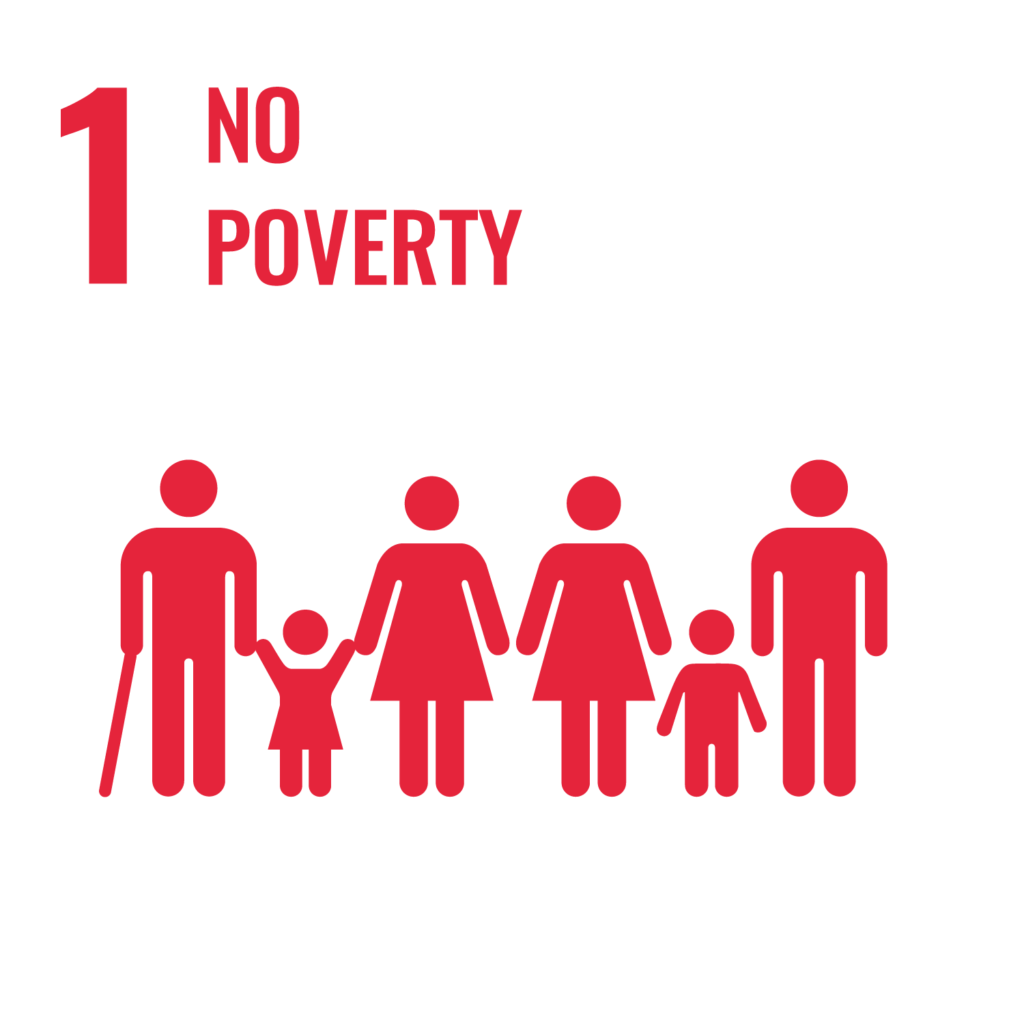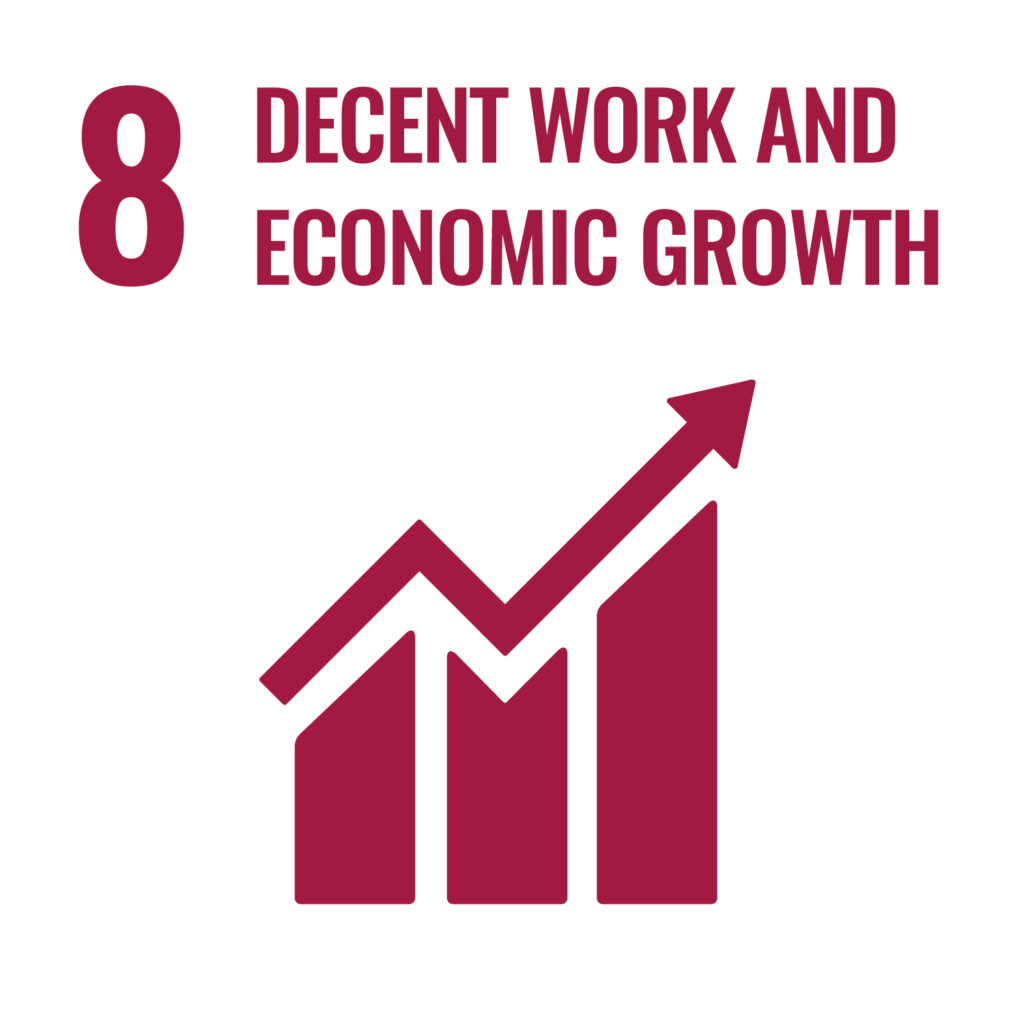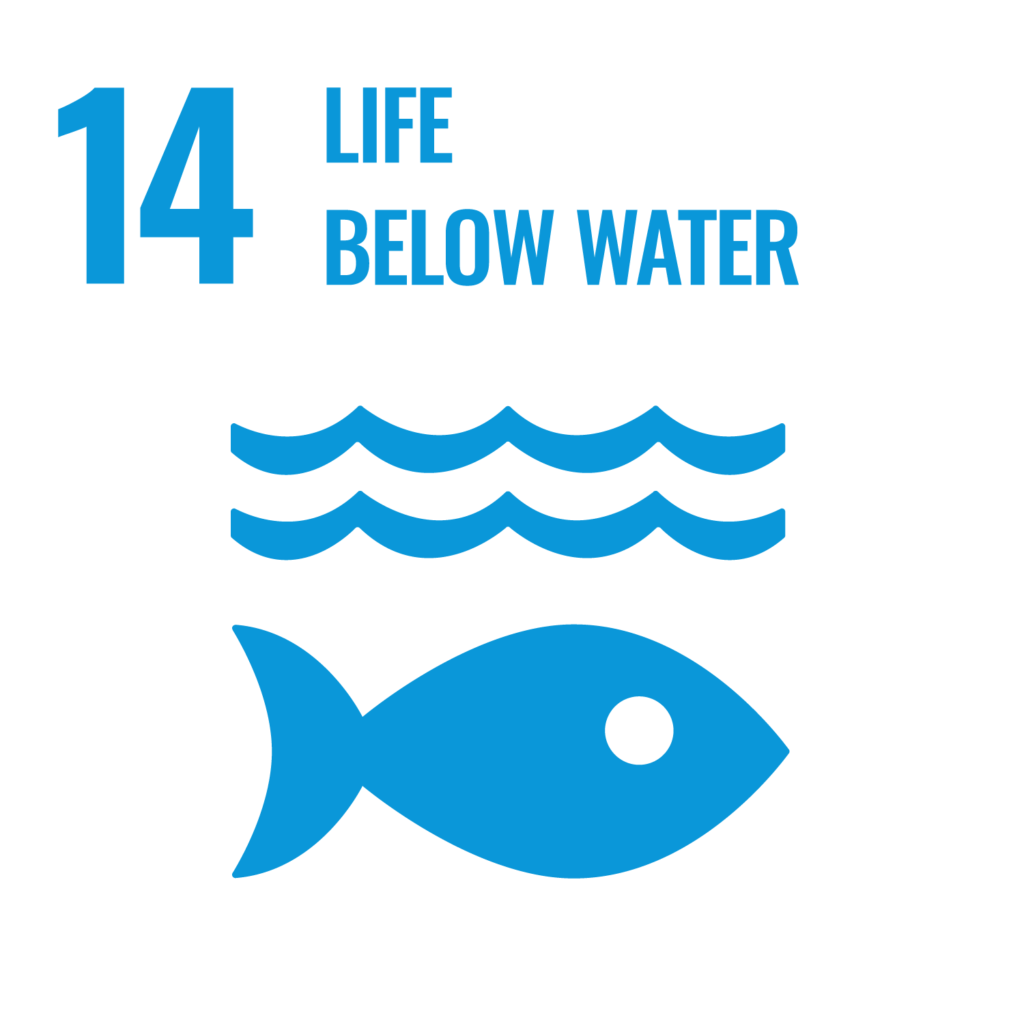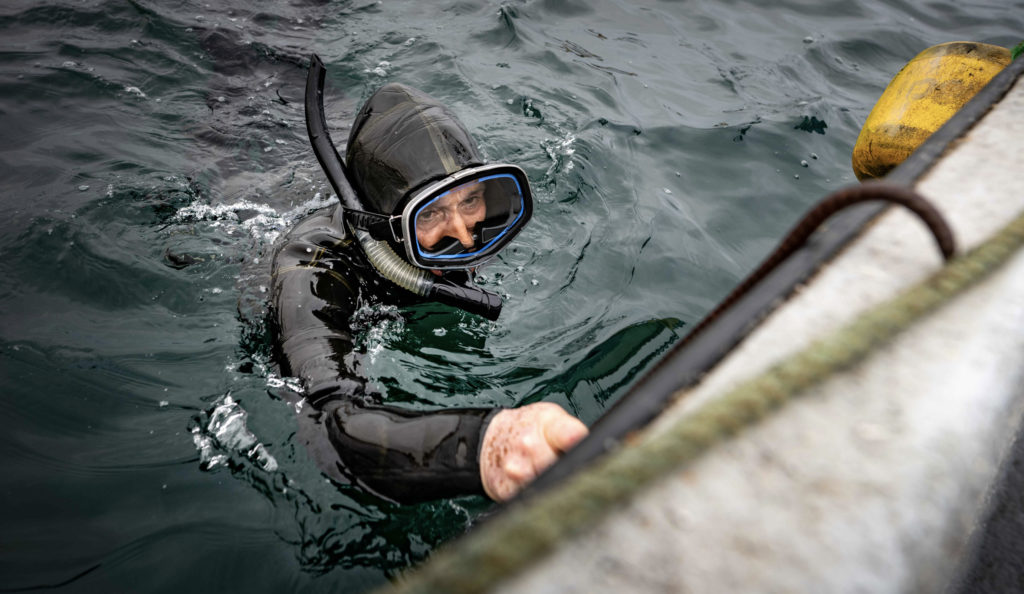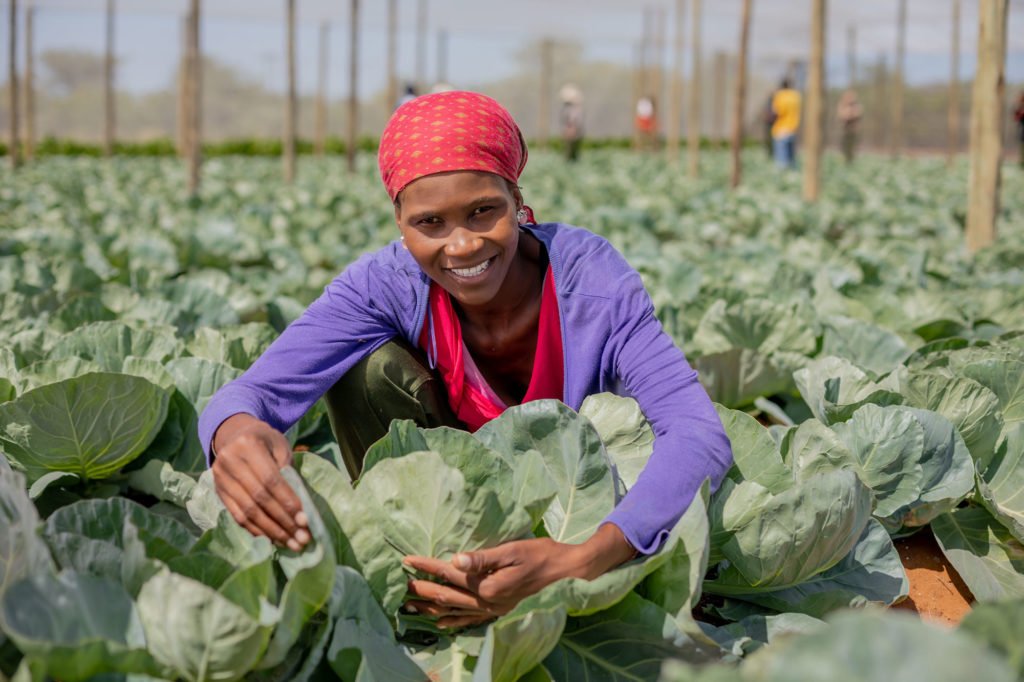For 40 years Mariano Palacios has fished and dived in the warm, turquoise waters of Caldera in Chile’s northern Atacama region. His career at sea began as a shore-picker, “a way that I was able to bring a livelihood to my family,” explains the father of eight.
As President of the Punta Frodden Fishing Union, Palacios has spent more than a decade trying to reactivate the dilapidated primary process plant owned by the union and abandoned more than 12 years ago. “The times we wanted to move the plant forward, we did not succeed. We had to solve several long-standing problems to get the credibility of government institutions and private companies and only after that could they help us,” he says. Adding to the union’s challenge is the complicated relationship the Caldera region has with artisanal fishing. In recent years, the livelihoods of Caldera fisherfolk have been heavily impacted by limited markets.
Building off initial investments by the local government, the Foundation began by funding the refurbishment and upgrading of the processing facility and providing strategic grants to support the training of union members. In doing so, it created a minimum of 15 jobs, positively impacting 100 families in Caldera. “The plant has everything necessary for workers to feel comfortable in their workplace, with the latest technology, equipment and processes we didn’t have before,” says Palacios.
“The plant has everything necessary for workers to feel comfortable in their workplace.”
Critically, the Foundation’s solution included connecting Punta Frodden with Geomar. A Chilean-based seafood company, Geomar has worked with over 700 artisanal fisheries in Chile to revive the struggling industry by supplying sustainably managed seafood directly to larger and stable national and global markets. The Punta Frodden plant is expected to process around 200 tonnes of fish and crustaceans—razor clams, sea urchin, octopus, sea abalones and sea conch, scallops and Chilean Abalone —annually. The relationship with Geomar removes the middlemen between the plant and its markets, meaning Caldera’s fisher-folk can increase the final price they obtain on that tonnage by around four to five percent.
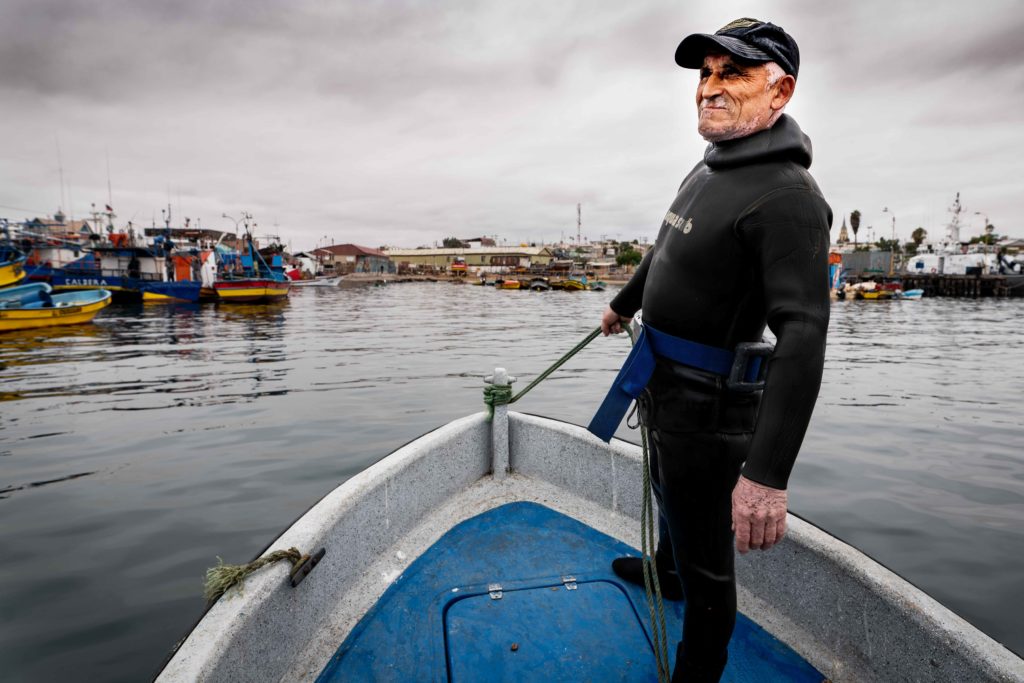
Project Impact
Plant launched operations in August.
Processing 12 tonnes of sustainably harvested seafood.
What was a deserted facility will by mid-2021 be a financially viable, certified and sustainable seafood processing plant that boasts sustainable management of marine resources and biomass conversion. The wealth of opportunity is not lost on Palacios.
“The idea is for us to work together and for this plant to provide solutions for our community.”
UN Sustainable Development Goals
Our initiatives strive to improve people's lives and protect the planet and are in support of the following UN SDGs:
